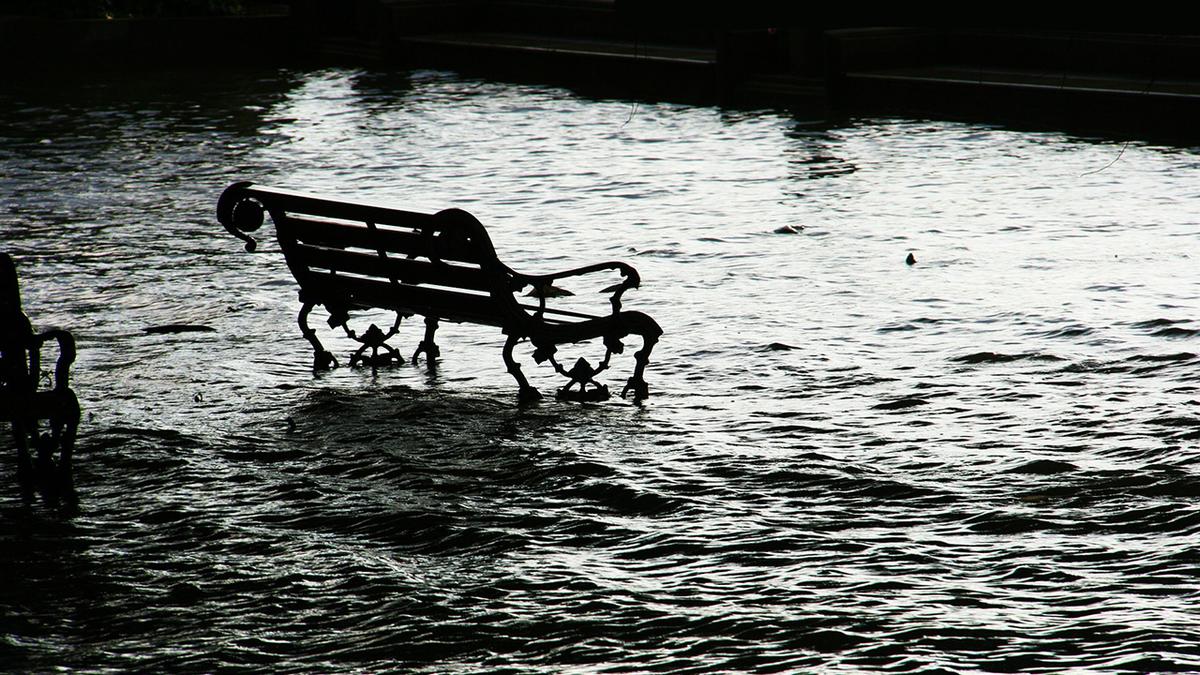Extreme weather events such as heavy rainfall and flooding are increasing in the Upper Midwest and these events are expected to occur with greater intensity and frequency in the future.
Understanding what drives and constrains climate preparedness in coastal communities and how communities can increase adaptive capacity to cope with weather impacts is the subject of an April 27 presentation at the University of Minnesota St. Paul campus.
“In June 2012, Duluth, Minnesota, and neighboring communities experienced extreme precipitation and flooding, resulting in more than $50 million in infrastructure damage,” said Holly Meier, a University of Minnesota graduate student. “Duluth-area communities will be increasingly vulnerable to the social, economic and environmental effects of these events.”
Meier will be presenting results of her research that explored weather and climate preparedness within two subwatersheds of the Lake Superior basin. The presentation will be at 8 a.m. Thursday, April 27, in 203 Green Hall, 2005 Upper Buford Circle, on the University of Minnesota St. Paul Campus and is free and open to the public.
“We wanted a better understanding of how to help our communities become more prepared for extreme weather,” said Coastal Extension Educator Jesse Schomberg with Minnesota Sea Grant, which supported Meier’s research.
Minnesota Sea Grant conveys the needs of communities, industries, and management agencies to university scientists and promotes the best and most current science to the public, resource users and manager and policymakers.
“Community decision makers and leaders will play key roles in local adaptation planning,” Meier said. “Understanding these stakeholders’ perceptions of climate change and climate preparedness will illuminate key barriers and inform prioritization of actions.”
UMN researchers interviewed 27 local decision makers, resource managers and other leaders active in the subwatersheds. Meier then documented and analyzed the study participants’ experiences, beliefs, and attitudes and found convergence around climate change beliefs and concerns. Additional analysis identified current actions and specific challenges, such as lack of coordination and prioritization challenges, associated with climate preparedness.
“We found that the Duluth-area community has a really strong water ethic; they identify with and value water and you don’t find that everywhere, even in coastal communities,” Meier said.
Meier’s findings offer a framework for climate preparedness planning and provide evidence for a strategic approach to building adaptive capacity in the study communities.
“I hope that the research outcomes will inform community engagement, outreach, education and communication programming on climate preparedness,” said Meier. “I’m really interested in the community’s perspectives on climate change.”
Meier will be graduating this spring from the UMN Twin Cities Natural Resources Science and Management Graduate Program and was advised by UMN Associate Professor May Davenport.
ADDITIONAL INFORMATION:
Holly Meier’s presentation will be available via WebEx at meeting number 748 291 695
Minnesota Sea Grant facilitates interactions among the public and scientists to enhance the environment and economies along Lake Superior and Minnesota's inland waters by identifying information needs, fostering research, and communicating results. Minnesota Sea Grant is funded by the National Oceanic and Atmospheric Administration (NOAA) and the University of Minnesota. It is part of NOAA Sea Grant, a network of 33 similar science-based programs.
Visit the Minnesota Sea Grant website.

